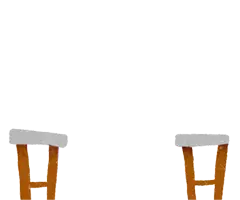Part 3AManagement of infectious diseases
Overarching principles
92HMeasures to apply no longer than necessary
Measures applied to an individual under this Part must not be applied longer than is necessary to prevent or minimise the public health risk that the individual poses.
Notes
- Section 92H: replaced, on , by section 11 of the Health (Protection) Amendment Act 2016 (2016 No 35).


